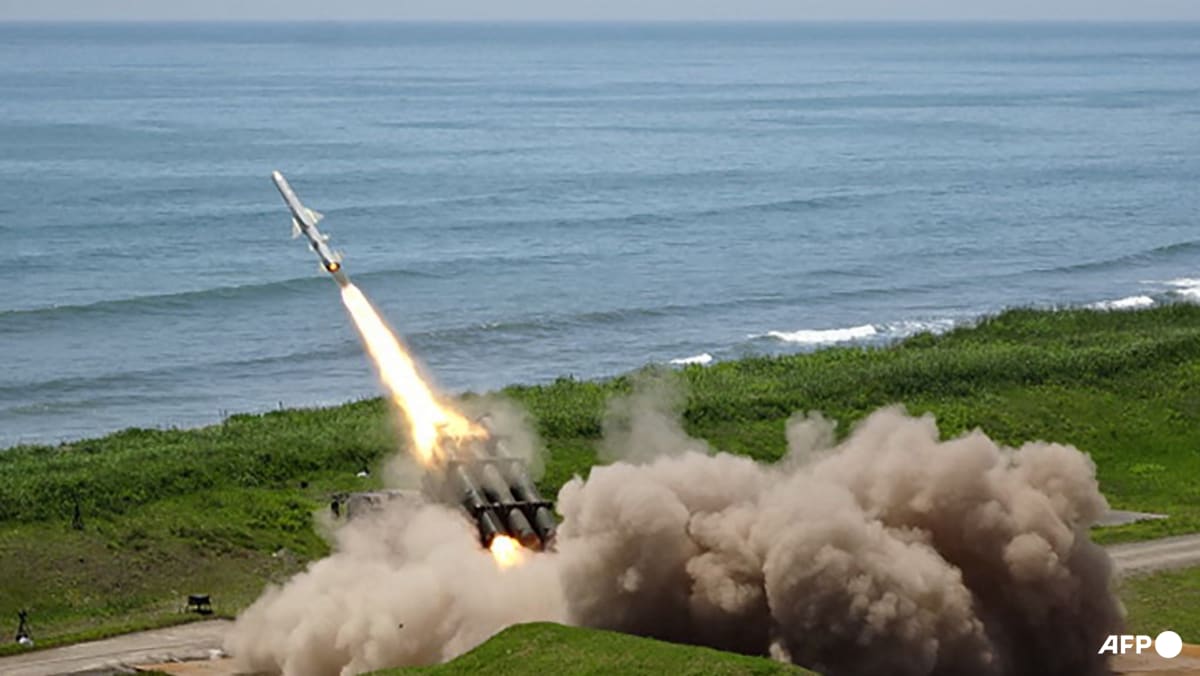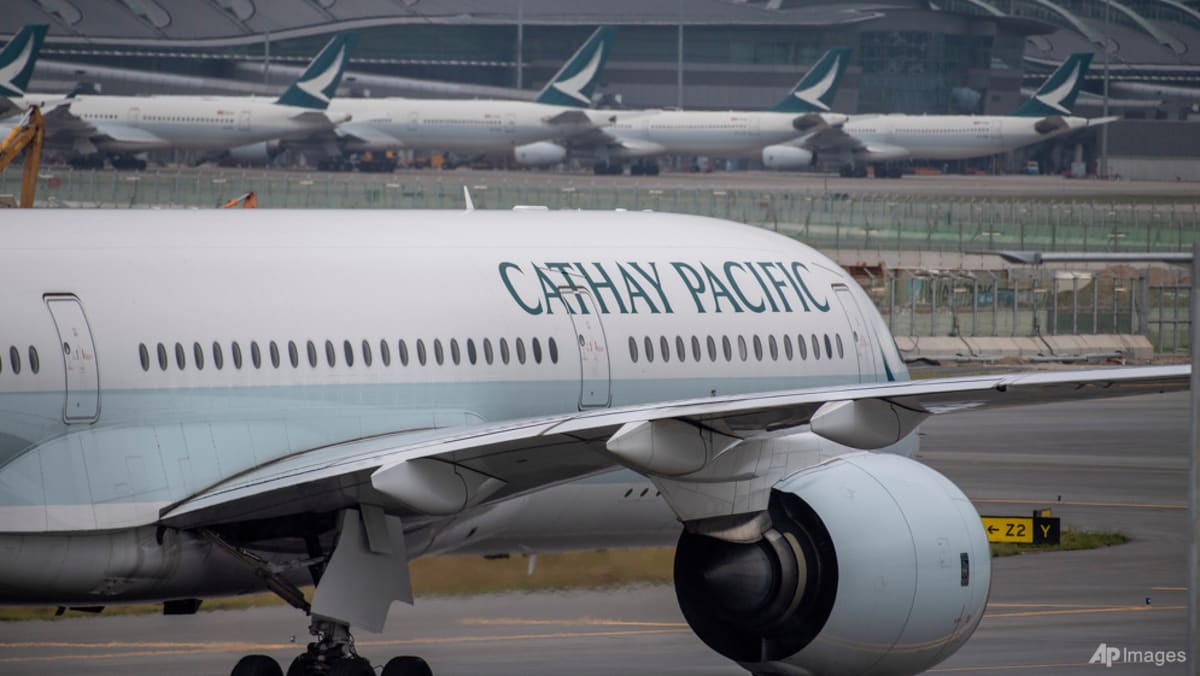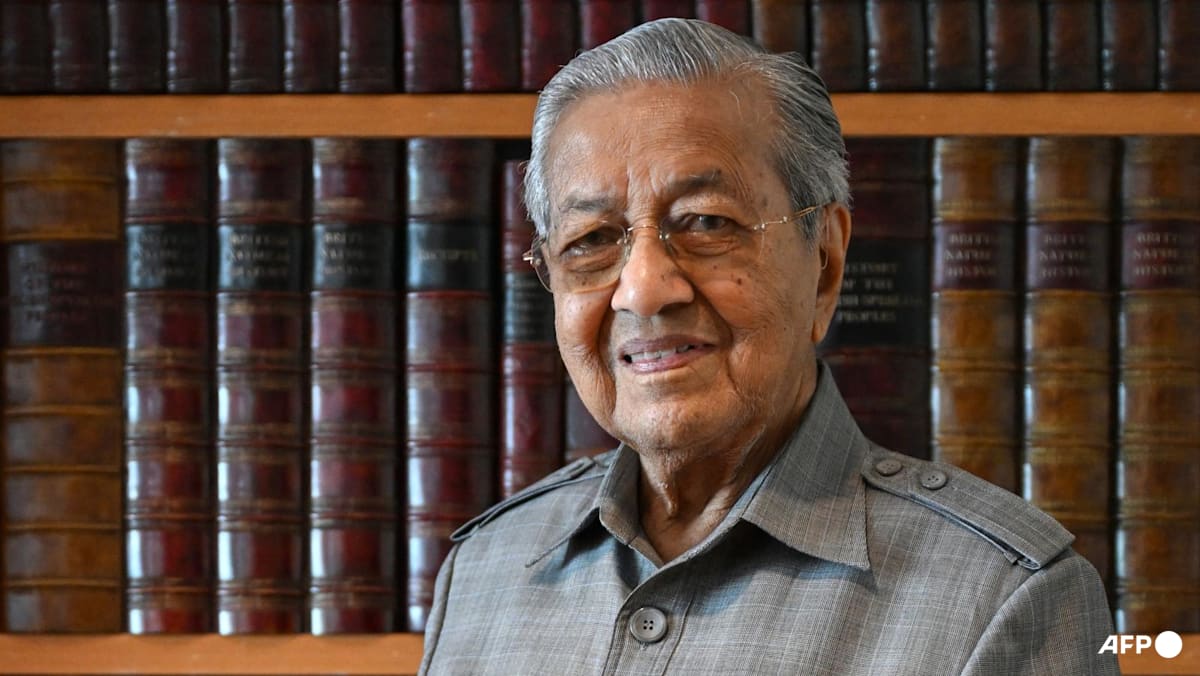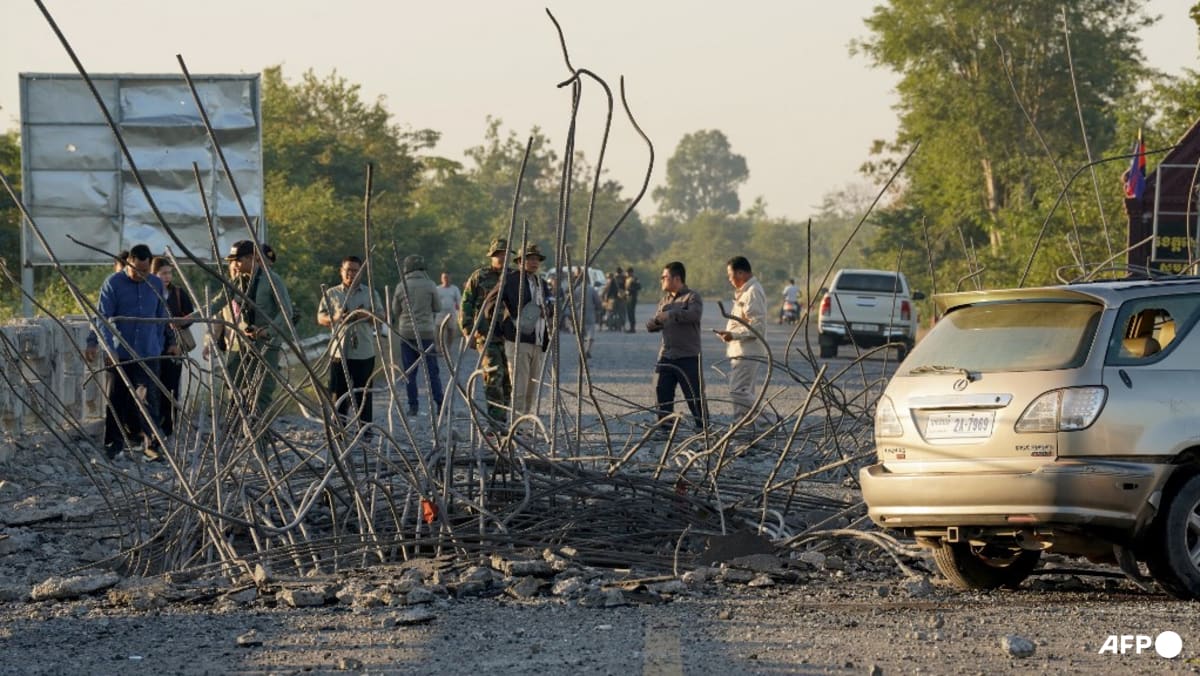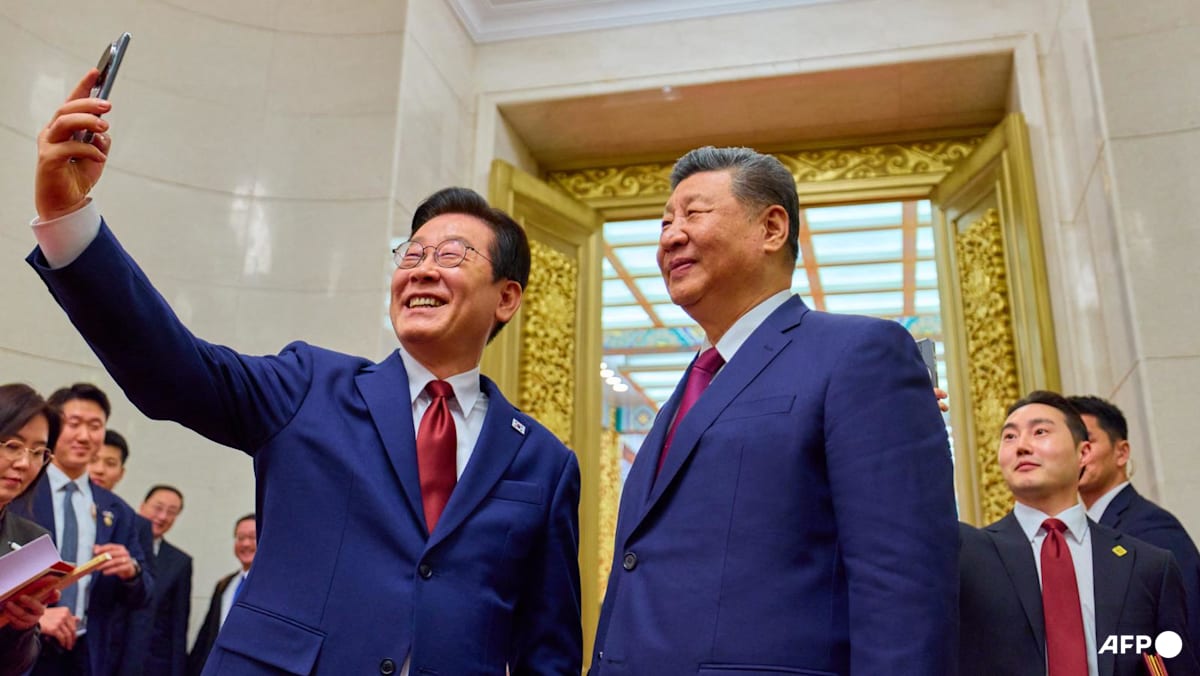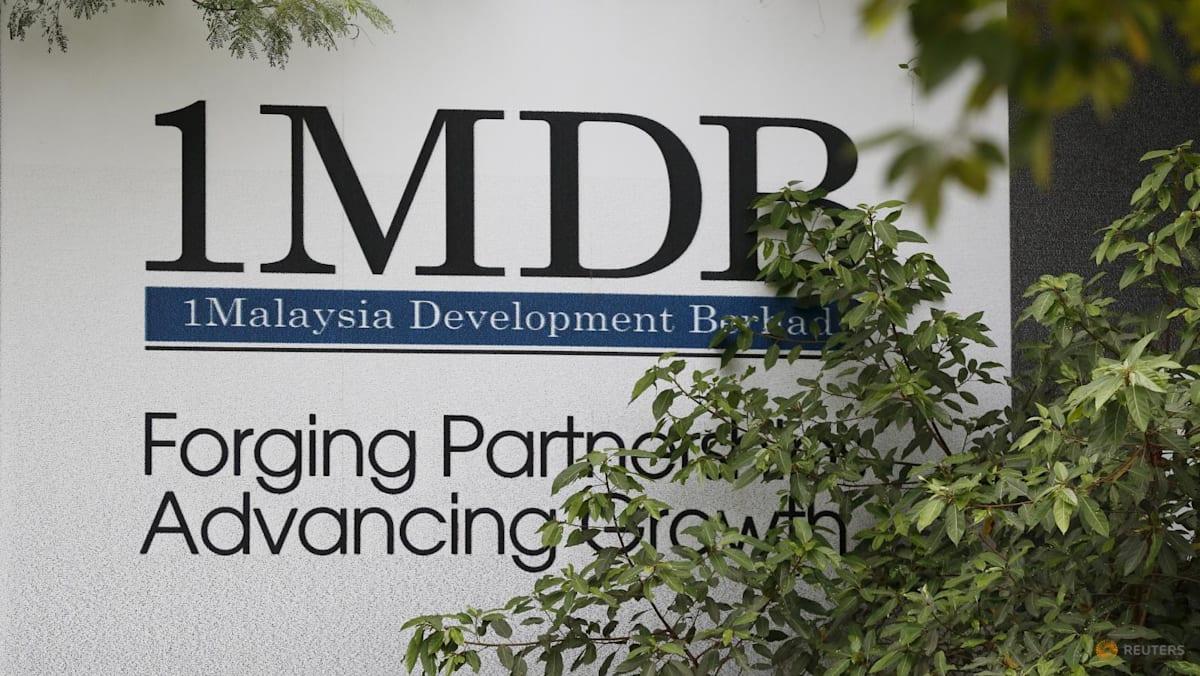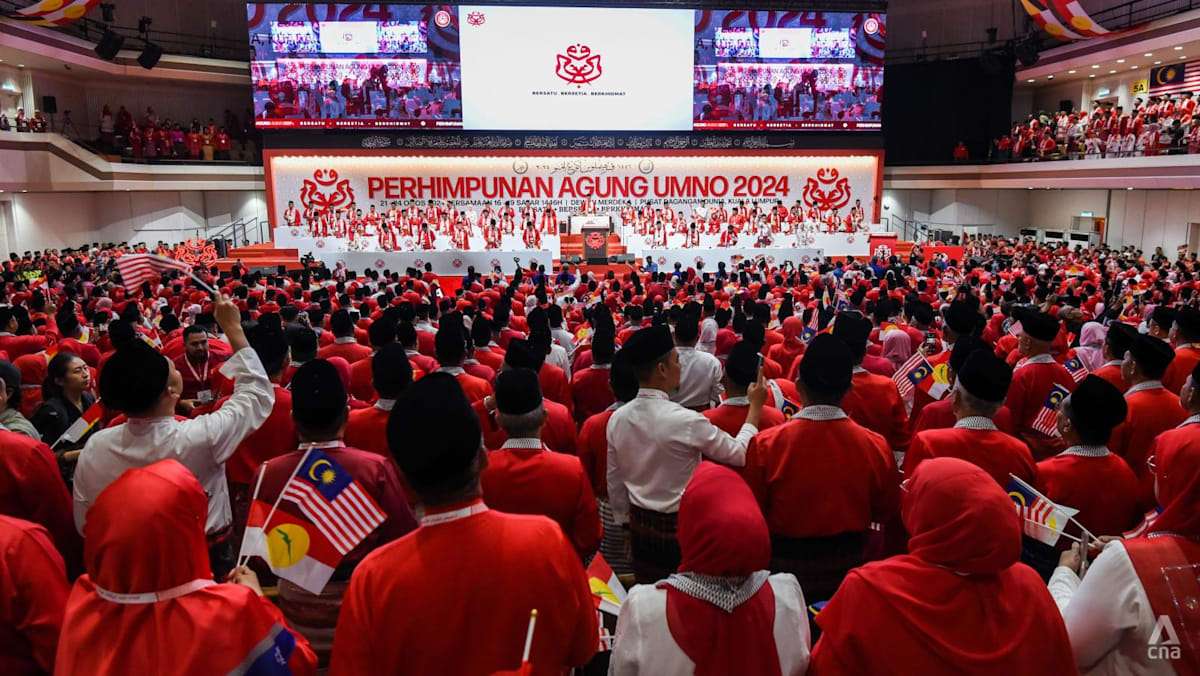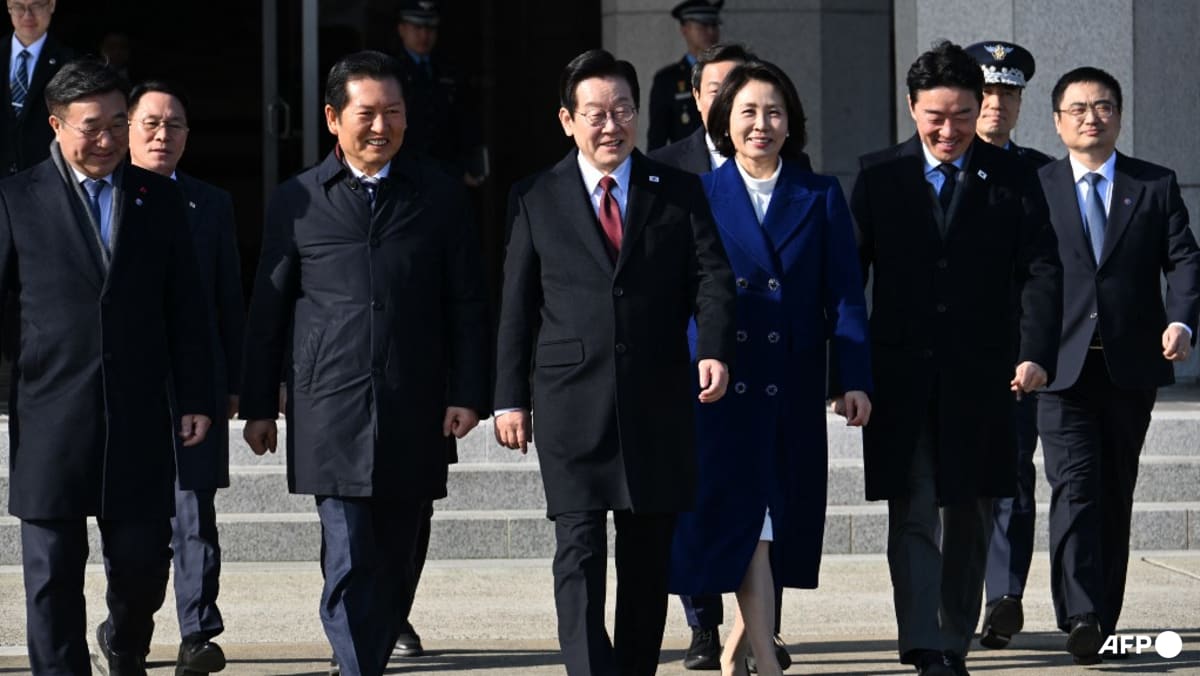Commentary: India pushes China to the margins of the G20
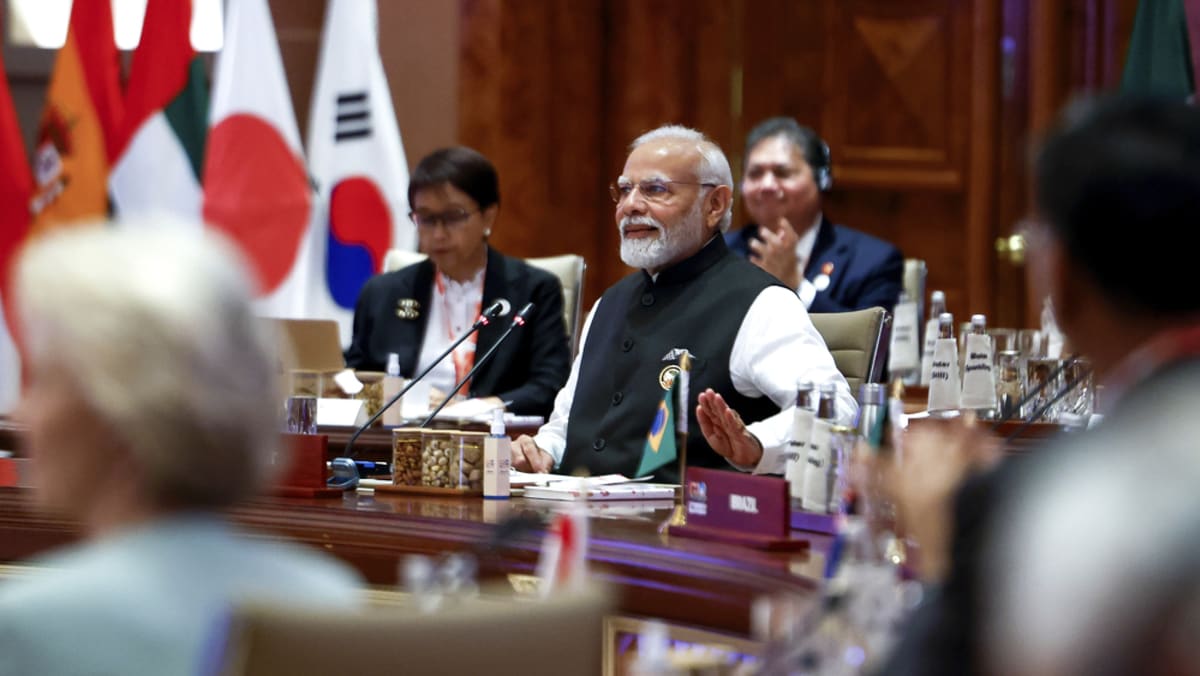
MARKED SHIFT IN INDIA’S CHINA POLICY
Strategic competition between China and India has intensified since Xi Jinping came to power in late 2012. For more than a decade, Beijing has used its economic and military heft to try to influence India’s behaviour and limit its choices, including along the disputed frontier between the two countries.
New Delhi has responded by drawing closer to the United States and its allies and by publicly criticising Xi’s signature project, the Belt and Road Initiative.
These tensions spilled over in mid-June 2020, during the early stages of the COVID-19 pandemic, as Indian troops confronted Chinese soldiers who had earlier seized control of territory New Delhi considers its own. A bloody melee at Galwan in Ladakh left an unknown number dead, prompting both countries to deploy sizeable forces into the area and to upgrade strategic infrastructure on both sides of the so-called Line of Actual Control.
These changes in defence posture were accompanied by a marked shift in India’s China policy. In the early 1990s, both countries agreed not to let the border dispute disrupt other aspects of their bilateral relationship. In 2020, however, New Delhi upended that arrangement, making the withdrawal of Chinese troops and return to the status quo prior to the Galwan clash preconditions to cooperation in other areas.
Since then, New Delhi has also worked hard to stymie Chinese initiatives in both multilateral and minilateral settings.
In July, for instance, as chair of the Shanghai Cooperation Organisation, India shifted the annual summit online, pointedly refused a collective endorsement of the Belt and Road Initiative, and slow-walked efforts to extend security cooperation, crowding the agenda with concerns such as traditional medicine and digital inclusion. In August, New Delhi reportedly vetoed China’s proposal to include Pakistan in an expanded BRICS grouping.
India’s marginalisation of China at the G20 follows on from these efforts to curtail Beijing’s influence. For the moment, they might be working. Some interpret Xi’s refusal to attend the G20 summit as a tacit acknowledgement that the forum no longer serves China’s interests. If that is so, it will be partly due to New Delhi’s hard work, as well as China’s mishandling of a crucial bilateral relationship.
Ian Hall is a Professor of International Relations at Griffith University. He is also the acting director of the Griffith Asia Institute at Griffith University and an Academic Fellow of the Australia India Institute at the University of Melbourne. This commentary first appeared on Lowy Institute’s blog The Interpreter.
Source: CNA


